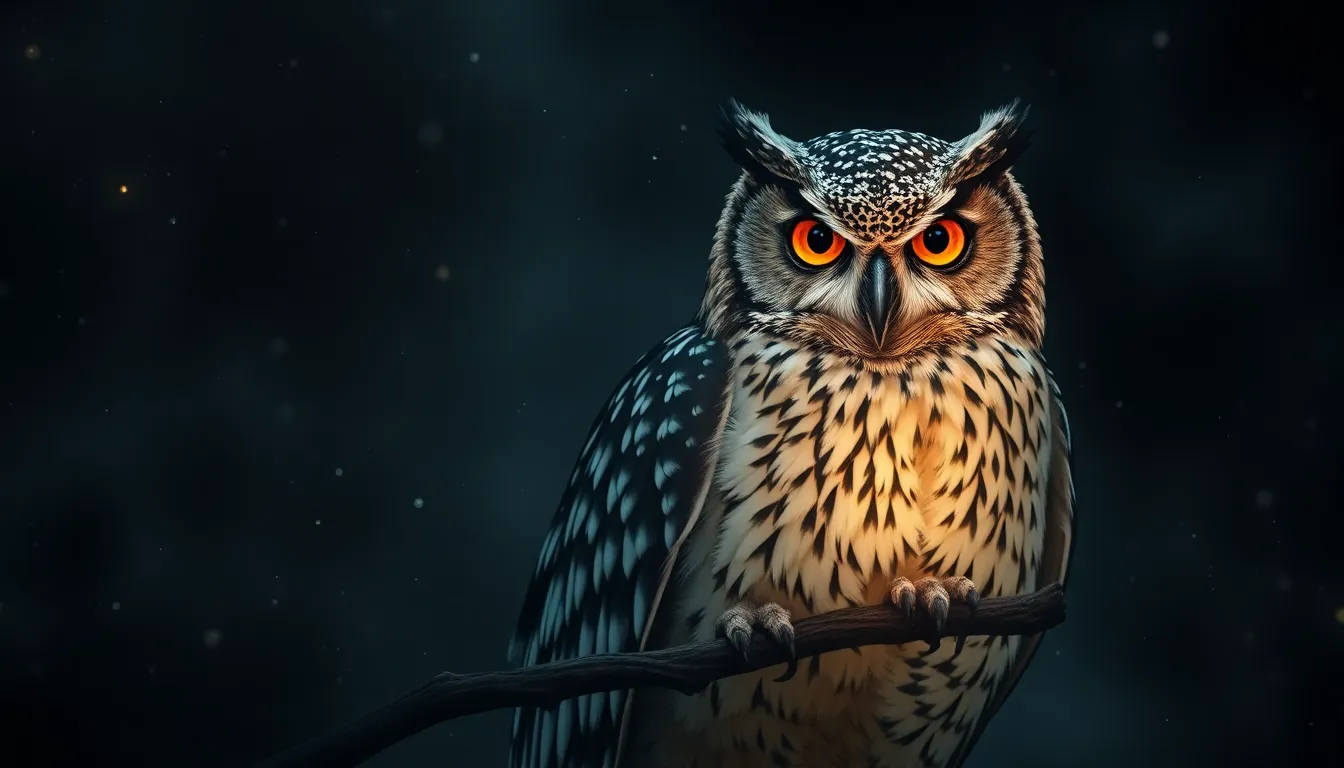Slavic Mythology
Slavic mythology, a tapestry of beliefs and traditions, has captivated imaginations for centuries. Its intricate tales are deeply rooted in the Slavic people's history, culture, and connection to nature. Among its many captivating elements, the concept of fate holds a central place, influencing Slavic mythology's narrative arc and providing insights into the Slavic worldview.
The Concept of Fate in Slavic Mythology
In Slavic mythology, fate is portrayed as an unyielding force that shapes the destinies of gods and mortals alike. It is an intricate web of cause and effect, where past actions and decisions determine future events. This deterministic belief system emphasizes the interconnectedness of all things and highlights the significance of one's choices and actions.
The Goddesses of Fate
Slavic mythology personifies the concept of fate through a trio of powerful goddesses known as Makosh, Rozanitsa, and Sudenitsa. These divine beings collectively determine the threads of life, spinning and measuring them to guide individuals' destinies.
Makosh
Makosh, the most prominent of the Slavic fate goddesses, is revered as the goddess of fate and destiny. She spins the threads of life and controls the allotment of wealth, fortune, and well-being.
Rozanitsa
Rozanitsa, also known as the "midwife of fate," assists in childbirth and oversees the transition between life and death. Her name, derived from "rozhanie" (birth), symbolizes the pivotal role she plays in life's beginnings and endings.
Sudenitsa
Sudenitsa, completing the trinity of fate goddesses, represents the inevitable end of life. Her name, meaning "judge," reflects her unwavering task of determining the lifespan and ultimate destiny of mortals.
The Wheel of Fortune
The concept of fate in Slavic mythology is often depicted through the metaphor of a spinning wheel. This cosmic wheel symbolizes the ever-turning cycle of life, with each turn bringing new experiences, challenges, and opportunities. The spinning of the wheel is controlled by the goddesses of fate, who determine the destinies of those who fall under its influence.
Superstitions and Beliefs
Slavic folklore is replete with superstitions and beliefs related to fate. These beliefs often center around the power of words, dreams, and omens, which are seen as potential harbingers of future events.
The Power of Words
Slavic cultures place significant emphasis on the power of spoken words, believing that they can influence one's fate. Words are seen as having the capacity to both create and destroy, so great care is taken when uttering them. It is considered unwise to curse or speak ill of others, as this could bring misfortune upon the speaker or the subject of their words.
Dreams and Omens
Dreams and omens are considered important signs in Slavic mythology. Certain dreams are believed to foreshadow future events, while omens can be interpreted to provide guidance or warnings. Observing the behavior of animals, listening to the rustling of leaves, or interpreting cloud formations were all common ways of seeking insights into fate.
Charms and Amulets
Slavic cultures have long used charms and amulets as a means of warding off negative influences and attracting good fortune. These protective objects, often made of metal, wood, or stone, were believed to possess the power to deflect evil spirits, heal illnesses, and bring prosperity. The use of charms and amulets continues to hold significance in Slavic folk traditions today.
Fate and Free Will
While fate plays a significant role in Slavic mythology, there is also recognition of individual free will. Within the confines of the predetermined destiny, it is believed that one's actions and choices can influence the course of their life. This delicate balance between fate and free will adds depth and complexity to the Slavic worldview.
The Impact of Christianity
With the arrival of Christianity in Slavic lands, the concept of fate underwent some変化. The Christian doctrine of salvation through faith introduced a new perspective on destiny, emphasizing the redemptive power of God's grace. While elements of traditional Slavic beliefs persisted, they became intertwined with Christian teachings, creating a syncretic blend of myth and religion.
FAQs
How did Slavs determine their fate?
Slavs relied on the guidance of the goddesses of fate, Makosh, Rozanitsa, and Sudenitsa, along with observing dreams, omens, and using charms and amulets.Was fate considered unchangeable in Slavic mythology?
While fate played a significant role, there was some recognition of individual free will, allowing for the potential to influence one's destiny through actions and choices.How did Christianity impact Slavic beliefs about fate?
The arrival of Christianity introduced the concept of salvation through faith, which altered the perception of fate to some extent, incorporating elements of Christian doctrine into traditional Slavic beliefs.



